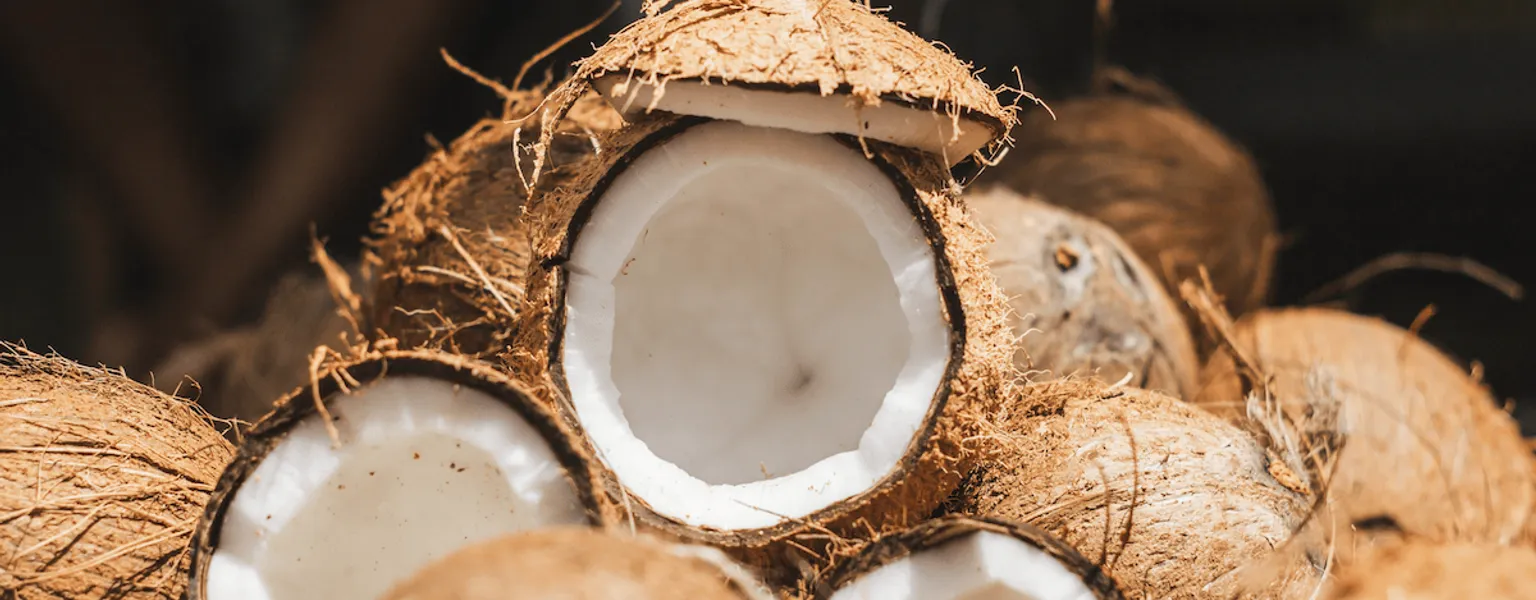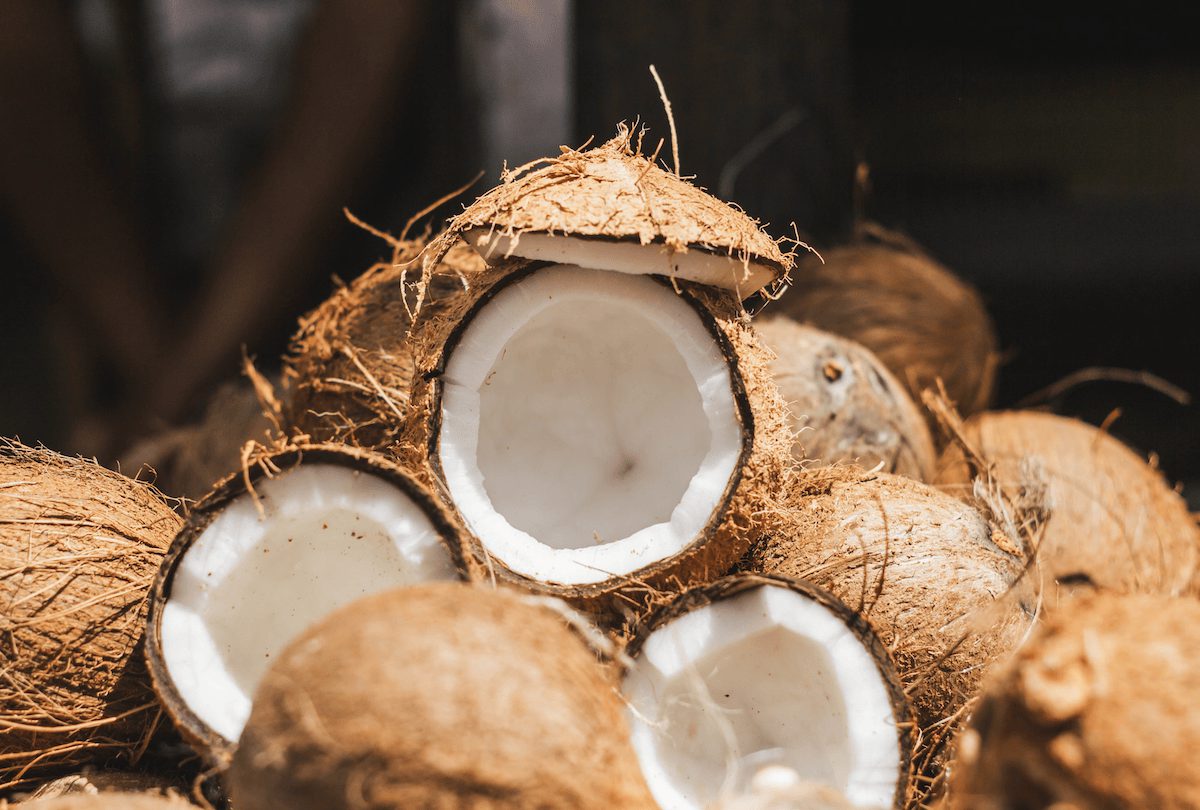Researchers transform coconut husks into eco-friendly packaging

Sustainability
Woodfree Ltd., a Cardiff-based company, has collaborated with Bangor University’s Biocomposites Centre to transform discarded coconut residues into a sustainable alternative for paper packaging materials.
The initiative aims to combat deforestation associated with traditional paper production by utilising coconut husks, which are abundant and readily available worldwide.
With a vision to address environmental concerns, Woodfree Ltd. has been researching non-wood sustainable materials for packaging applications. Their innovative approach has attracted attention, leading to support from Innovate UK's Transformative Technologies grant.

Led by brothers Gurpreet Singh and Arjundeep Singh, Woodfree Ltd. initially began their research at a small scale. However, their collaboration with Bangor University's Biocomposites Centre has allowed them to expand their efforts and explore the commercial potential of their eco-friendly packaging solution.
Gurpreet Singh from Woodfree Ltd said: We are very glad to be working with the team at the Biocomposites Centre on this. Together, we’ve processed something in the region of just under a ton of waste coconut husks, making them into fibre and then assessing this pulp in terms of strength, durability, mouldability, reaction to water and stack-ability – all very important practical considerations in making the product ready for the market. We’re now at the stage where we’re producing prototype packaging such as trays and punnets that can be used to showcase what could be produced using these fibres.
Related News
-
Business
Hoogly introduces compostable tea packaging for UK hotels
-
Sustainability
Tesco repurposes cardboard for toilet rolls and kitchen towels
-
Sustainability
Innovative paper-based packaging solution for live bees unveiled
-
Sustainability
Researchers turn black soldier flies into degradable bioplastics
-
Sustainability
Eggshell-derived packaging receives recyclability certification




